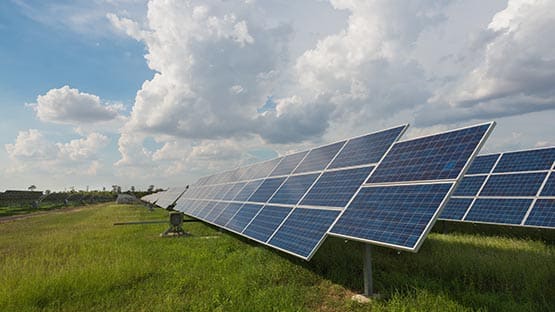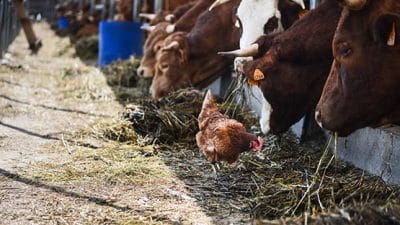
“About 60 acres of my cotton got hit with hail, another 25 acres of peanuts were hit,” said M.L. Everett Jr., a Southampton County farmer and a member of the Virginia Farm Bureau Federation board of directors. “If you went out there, leaves were laying all over the ground, tops were broken off.
“But another fellow lost his whole crop of watermelons. They were just ready to pick, about the size of large cantaloupes. I’m sure the hail put a lot of scars and dents in those melons.”
As Virginia farmers reach the mid-summer milestone, crop conditions are diverse across the state. In its July 14 survey findings, the National Agricultural Statistics Service reported topsoil moisture rates are declining rapidly in the summer heat, with 44 percent of the state’s farmland too dry. Rainfall was spotty across the state, but most crop conditions remained fair to good, even pastures and hay land. Peach crops appeared to be faring the worst, not because of summer weather but as a result of a late-spring freeze.
“The hail completely destroyed about 400 acres of cotton in this immediate area, the Greensville and Southampton county line,” said Joey Doyle, another Southampton County farmer. “It looks just like you took a rotary cutter to it, a complete loss. We had a similar situation with some soybean fields, up to 50 percent losses.”
Many farmers have crop insurance for just this type of situation, but Doyle noted that an insurance payment only covers his cost of planting, not any potential profit at harvest time. Plus he cannot plant a follow-up crop until after his field is examined, and it’s too late in the season for many crops to be re-planted.
“Some growers were talking about putting some milo in afterwards to take advantage of the nitrogen already in the ground,” Doyle said. “That’s something the public doesn’t understand: Insurance doesn’t pay the bills; it just covers our immediate costs. We’ll put a cover crop on it and wait until next year.”










